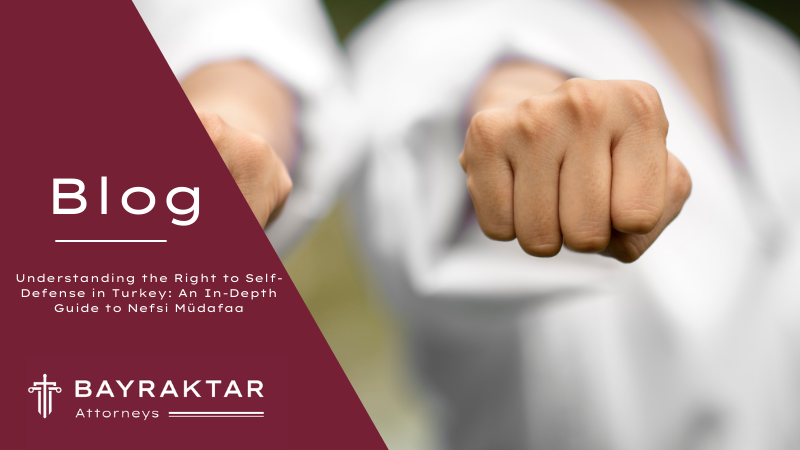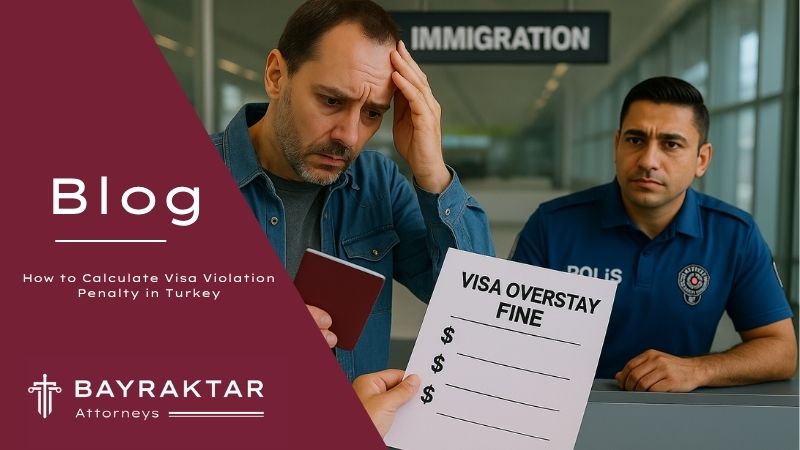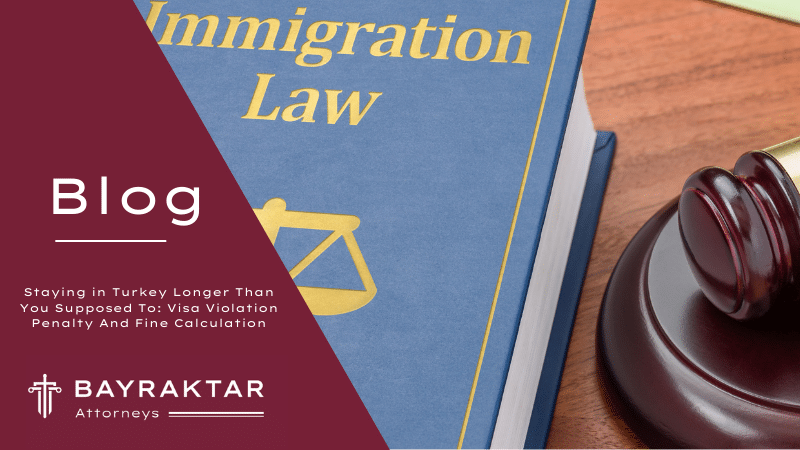
Welcome to a deep dive into one of the most fundamental rights in any legal system, the right to self-defense. Here in Turkey, this principle is known as nefsi müdafaa. Whether you’re a foreigner trying to navigate the nuances of the Turkish legal system or simply someone who seeks to be informed, understanding the dynamics of self-defense is critical. In this blog post, we’ll explore what nefsi müdafaa nedir (what is self-defense), how it’s implemented in Turkish law, and the circumstances under which individuals can lawfully protect themselves and others.
What is Nefsi Müdafaa?
The concept of nefsi müdafaa corresponds to the right to self-defense in Turkish jurisprudence. This right is enshrined in the Turkish Penal Code (Türk Ceza Kanunu) and dictates that individuals are entitled to defend themselves, their property, or others against threats and harm. However, for an act to be considered lawful self-defense in Turkey, it must meet certain criteria. Firstly, it must be a necessary response to an imminent and unlawful attack. Secondly, the means of defense used must be proportional to the threat posed.
The Legal Framework of Self-Defense in Turkey
Turkish law defines self-defense in a manner that balances the need for personal protection with the preservation of public safety. Article 25 of the Turkish Penal Code outlines the conditions for lawful self-defense, emphasizing the immediacy and proportionality of the threat. These legal provisions are in place to prevent the misuse of the right to self-defense while ensuring that individuals are not unfairly penalized for protecting themselves. In essence, nefsi müdafaa encompasses the legal background that upholds one’s right to act against an attack that cannot be averted by other means.
Understanding Proportionality and Immediacy
An integral part of claiming nefsi müdafaa is the requirement that the defensive act must be proportional to the threat. The legal system in Turkey does not give carte blanche to retaliate with excessive force. This proportionality is assessed on a case-by-case basis, considering the nature of the threat and the means available to the defender. Moreover, the principle of immediacy mandates that the threat must be current and active; historical grievances or anticipated future threats do not justify a present act of self-defense. This nuanced approach is aimed at ensuring that self-defense claims are scrutinized carefully to prevent wrongful justifications.
What Happens If You Assault Someone In Turkey?
In Turkey, if you commit a crime, the court can punish you with either a fine or jail time.
If the law allows for a fine, the court must give that option.
When Self-Defense Becomes a Legal Issue
In cases where individuals have used force in defense, Turkish courts meticulously examine the circumstances to determine whether the defense was justifiable. Those who assert nefsi müdafaa as a legal defense will undergo a process where factors such as the severity of the attack, the means of defense used, and the opportunity to retreat or avoid the confrontation are all weighed. It’s important for anyone involved in such cases to seek experienced legal counsel to navigate the complexities of the claim.
In conclusion, the right to self-defense, or nefsi müdafaa in Turkish law, is an inalienable right with specific boundaries set out to prevent misuse. Understanding these boundaries and the expectations of the legal system is crucial for anyone residing in or visiting Turkey. Whether you’re facing a legal concern or simply educating yourself, comprehensive knowledge of nefsı müdafaa is indispensable. If you need further assistance or legal advice regarding self-defense in Turkey, do not hesitate to contact Bayraktar Attorneys, your expert guide through the intricacies of Turkish legal matters.

![["Transport trucks at a logistics hub in Türkiye representing TIO license requirements"]](https://admin.bayraktarattys.com/api/admin/images/images/projects/81f35351-d7ce-4bea-ba5a-6f5b51f2d471_tio-license-turkey-requirements.jpg)
![["A close-up view of a document titled “Borç Sözleşmesi” on a desk during a legal consultation scene in Türkiye."]](https://admin.bayraktarattys.com/api/admin/images/images/projects/cba6db89-fedb-48ba-a6b9-6a2cd64c9b05_a-photograph-captures-a-close-up-view-of-a-document-titled-borc-sozlesmesi.jpg)
![["A man and a woman seated across from each other in a professional legal consultation setting, symbolizing a marriage annulment case in Türkiye."]](https://admin.bayraktarattys.com/api/admin/images/images/projects/282fca82-2b2d-4985-a767-19bb6c67f616_cancellation-of-marriage-in-turkey.jpg)


![["Foreign resident in Türkiye managing investments in Turkish and U.S. stock markets Ask ChatGPT"]](https://admin.bayraktarattys.com/api/admin/images/images/projects/896ee889-22cf-46f0-b614-930eacd9e0eb_tax-on-foreign-and-turkish-stocks-for-foreigners-in-turkey.jpg)
